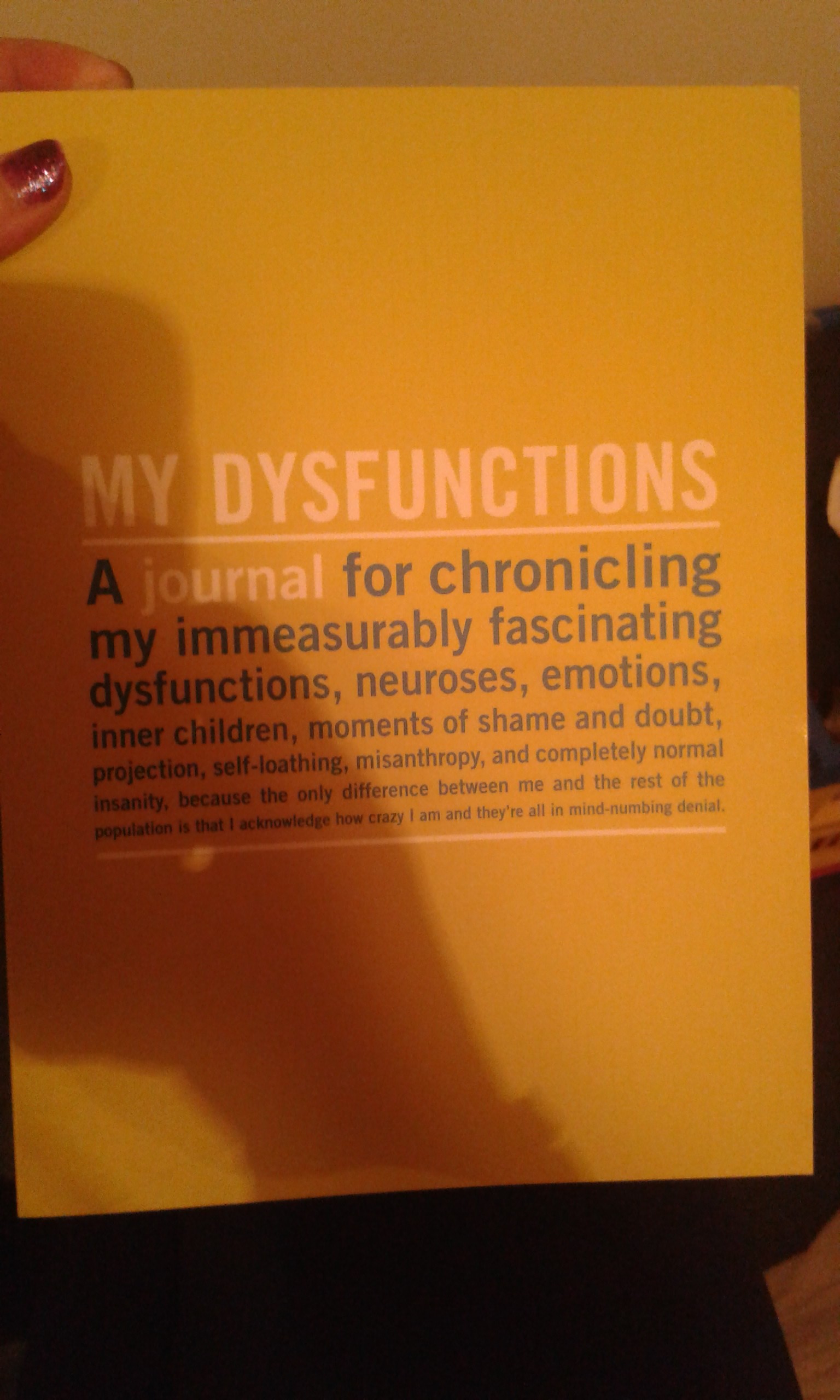You would be forgiven – and entirely justified – in accusing me of trying to turn almost any piece of writing or poetry into something about therapy or the therapeutic relationship. If there is even the glimmer of the possibility for drawing the parallel, I will do so with unashamed enthusiasm, however tenuous the connection.
I recently finished reading ‘Unapologetic’ by Francis Spufford, and wanted to share with you another example of this, my favourite past-time of imbuing everything with the one thing that often seems to take over my life and my every thought. ‘Unapologetic’ is, as it says on the cover, all about “why, despite everything, Christianity can still make surprising emotional sense“. Now, this is not at all a post about religion, Christian or otherwise, though if you are interested in such things, I can highly recommend the book. Any text which talks about the relationship between God and the universal HPtFtU as the author calls it – the Human Propensity to Fuck things Up – in an amusingly irreligious but also searingly honest and abundantly compassionate way, has my vote. It has certainly helped me to come to a renewed emotional understanding of the faith I have been struggling with so much with over the last few years, and it has challenged me to try and be more loving, not just towards others (however difficult the circumstances), but also towards myself.
And that challenge summarises one way in which, for me, the book is full of resonances with the therapeutic process and relationship. Themes of unconditional acceptance, love and compassion, in the face of the ever-constant HPtFtU; themes of self-hatred and self-sabotage and the struggle to feel loved, by ourselves or by another. I’m not suggesting my therapist in any way resembles God – though I must admit that in the past, some of the language I have used to describe my feelings for her, has had distinctly religious overtones. My therapist, I have come to grudgingly accept, is just as prone as the rest of us – though perhaps a little more forgiving of it than most – to the Human Propensity to Fuck things Up.
If you think this is all sounding a bit far-fetched, I wouldn’t blame you. But consider these passages, which jumped out at me today – and just replace the word ‘forgiven’, with something akin to ‘the process of therapy’, or to the concept of ‘progress in therapy’:
“What does it feel like to feel yourself forgiven? I can only speak for myself, but, speaking for myself: surprising. Just as it comes from a direction you hadn’t considered, viewing your life from an angle you hadn’t expected, it also comes with a sensation that isn’t necessarily one of conventional release or relief. In my experience, it’s like toothache stopping because a tooth has been removed. It has the numb surprisingness of something that hurt not being there any more. You explore the space where it was, and you feel slightly changed, slightly self-alienated. Something has been reconfigured a bit. There’s some unfamiliarity close in. You’re glad, of course, that it doesn’t hurt, but you can find that you almost miss the familiar signal of your own distress, especially since the memory of how much it hurt fades fast, and it’s difficult to go on rejoicing positively over an absence. You may find, in fact, that you feel a sly temptation to restore the status quo ante, by going out and doing again the thing you needed forgiving for, whatever it was. After all, you’ve just discovered it was survivable, that there was a route out of desperation and self-reproach; and this way you won’t have to deal with the unsettling open-endedness of being changed.”
“It’s hard to wait and stay in the tremulous uncertain state grace puts us in, not knowing what its changes may mean, not knowing where they may take us. Forgiveness has no price we need to pay, but it exposes our illusions of control. Forgiveness is not flattering. Forgiveness reminds us that our masks are masks. Forgiveness starts something, if we let it. Forgiveness comes with an invitation to find out what else we may become that we hadn’t suspected. Forgiveness carries you into new territory. Forgiveness is disconcerting.”
Go on, I dare you. Tell me I’m trying to make something out of – well, something very different. Tell me I’m trying to draw a parallel where none exists – where the concepts are non-intersecting and where, therefore, ironically enough, ‘parallel’ would be a mathematically apt description of them. All I know is that this is exactly how it feels when I am running scared because of the progress I seem to be making in therapy. I feel slightly changed and slightly self-alienated. I miss the familiar signal of my own distress; the possibility of creating a rupture in therapy in order to experience the familiar and reassuring intensity of the ‘repair’, is very tempting; and unsettling is an understatement for how it feels to know that more therapy means more of the same – an open-ended capacity for change.
As for the second extract – if you’ve been in therapy for some time, I challenge you to replace the word ‘forgiveness’ with ‘therapy’, and tell me that this doesn’t accord with your own experience of the process. Therapy is not flattering. Therapy reminds us that our masks are masks. Therapy starts something, if we let it. Therapy comes with an invitation to find out what else we may become that we hadn’t suspected. Therapy carries you into new territory. Therapy is disconcerting.
Therapy has no price we need to pay….okay, so you got me there. It’s costing me a fortune, though it isn’t buying me anything (because understanding and acceptance cannot be bought), as much as it affords me an opportunity – an opportunity which is priceless.
But hey, no parallel is perfect, right?
 As if any further evidence were needed of the state of my subconscious, following yesterday’s post ‘Fear and fantasy’, here is a lighthearted little anecdote (in a dark sort of way) which made me smile (in hindsight), and I hope might make you smile too 🙂
As if any further evidence were needed of the state of my subconscious, following yesterday’s post ‘Fear and fantasy’, here is a lighthearted little anecdote (in a dark sort of way) which made me smile (in hindsight), and I hope might make you smile too 🙂









